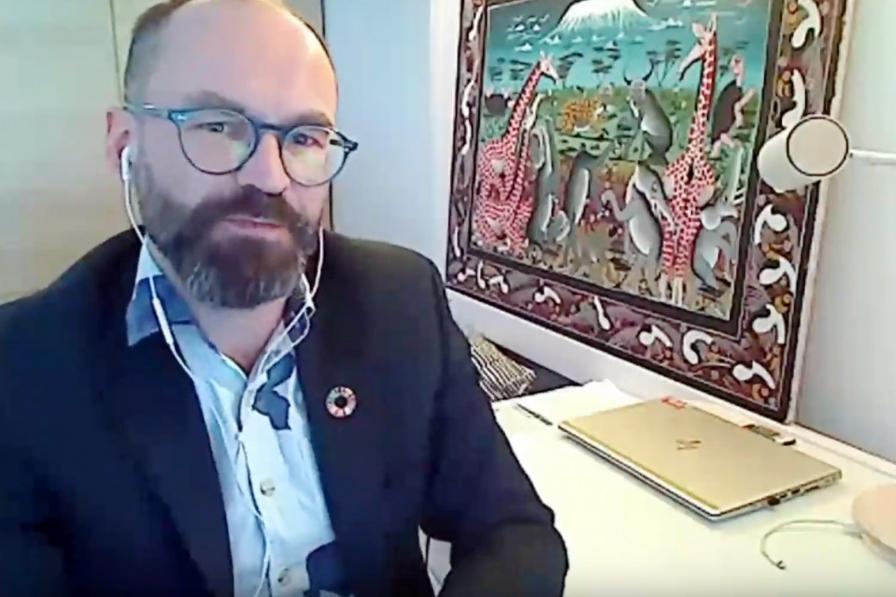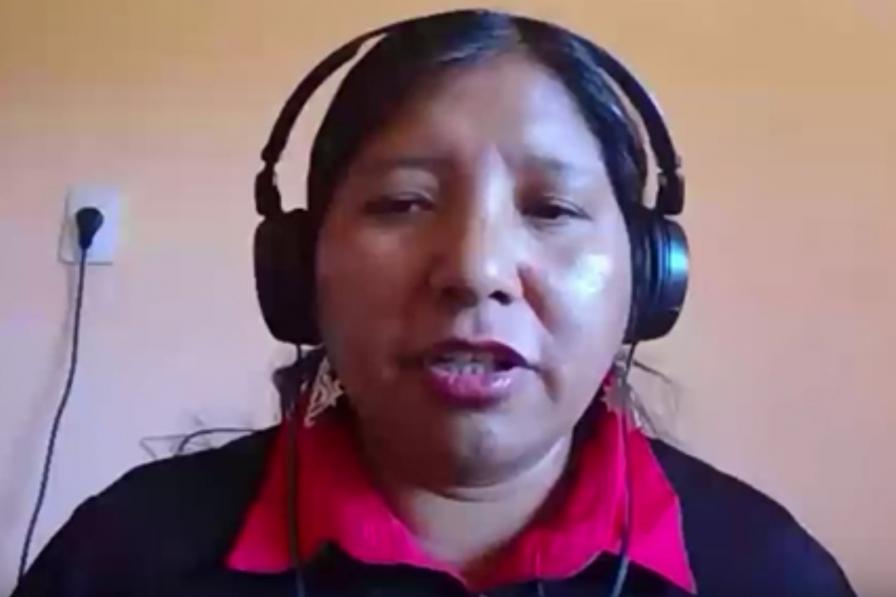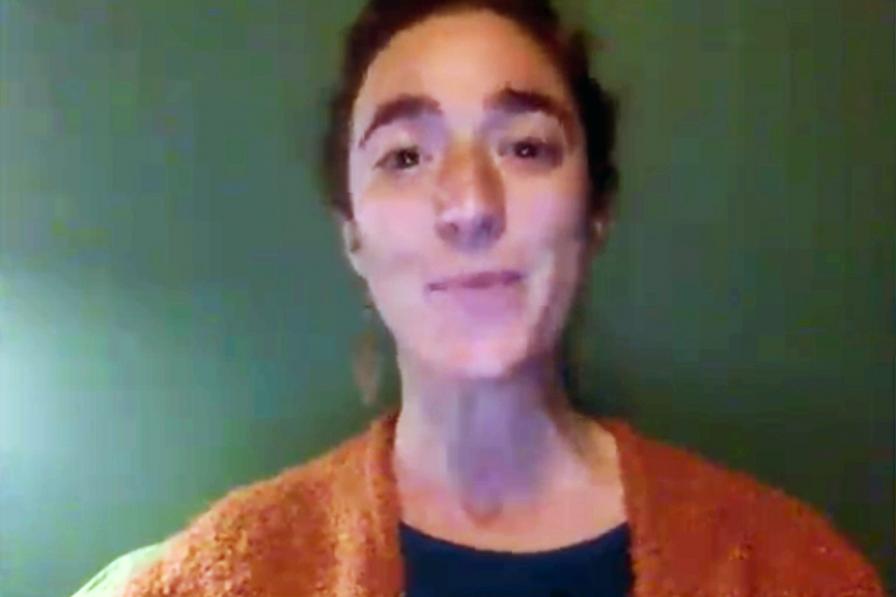Delegates resumed discussions of synthetic biology. A number of delegates pointed to the need to have a clear division of labour between work under the Convention and under the Cartagena Protocol to avoid duplication.
Delegates supported continued horizon scanning with regard to synthetic biology. Many delegates supported a precautionary approach regarding engineered gene drives. Some countries pointed to the potential benefits of synthetic biology, including in dealing with invasive alien species. One party urged case-by-case risk assessments based on the product rather than the technology used.
Many delegates supported the establishment of a multidisciplinary technical expert group, with some specifying that its role should be to gather and assess information and report on it. Others asked to further discuss how this process would inform decision-making. A number of parties supported having two intersessional rounds of horizon scanning, while others urged also discussing the issue at COP-16.
Noting that synthetic biology is now an established part of the CBD agenda, a number of countries said that it was not necessary to further discuss whether synthetic biology constitutes a new and emerging issue.
Delegates then heard statements from representatives of Indigenous Peoples, Major Groups, and non-governmental organizations. A number of groups stressed the potential impacts of synthetic biology on Indigenous Peoples, saying that any use would have to be subject to their free, prior, and informed consent. One coalition called for a global moratorium on any release of engineered gene drives into the environment. Many raised the need for extreme caution and lamented the lack of sufficient regulation and guidance.
The informal meeting then considered risk assessment and risk management of living modified organisms (LMOs). Parties were divided on whether to support the development of additional guidance of LMOs with engineered gene drives. Those who agreed recommended that additional guidance should follow the precautionary principle. A number of parties suggested that a smaller expert group draft guidance, then have an online forum for all, including stakeholders, to provide input; and finalize documentation in an ad hoc technical expert group. Those who opposed additional guidance argued that sufficient guidance already exists, and that LMOs should be evaluated on a case-by-case basis.
A number of parties opposed developing specific guidance on modified fish species, suggesting the use of relevant existing guidance instead.






